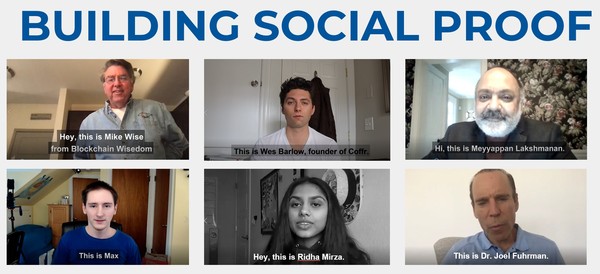
Did you know the Spanish Flu probably didn’t start in Spain?
The famous pandemic of 1918, on the heels of World War I, was far deadlier and more terrifying than Coronavirus. It infected 500 million people, or about a third of the world’s population. Experts are divided on whether it began in France, China, Britain, or maybe even the United States.
So, how did it come to be called the “Spanish Flu”? In short, we blamed it on Spain.
Spain was one of the few nations that remained neutral during the war. Because Spain’s newspapers were reporting on the spread of the pandemic while Allied countries were covering it up, the public naturally assumed it must have started in Spain. (Meanwhile, Spain called it the “French Flu,” because they saw it hit France first.)
Our human instinct to blame other countries during a pandemic is counterproductive. We’re literally all in this together. It’s as if we’re in a lifeboat, adrift at sea, and we start fighting about who sank the ship. What does it matter? WE’RE IN A LIFEBOAT TOGETHER.
We see a replay of the “Spanish Flu” story happening today, which is especially harmful because we need China. China made it through the pandemic first, and we will all need their help in providing us with the supplies that we will need to get through this crisis: everything from masks (now) to vaccination supplies (later).
Asians are not the enemy. The virus is the enemy. Asians are friends.
Asians are Friends
Everyone has a favorite conspiracy theory. But here’s a question: who cares?
How does it change anything? Let’s say that time-traveling aliens from the remote future planted Coronavirus, just to mess with us. Still, here we are. How are you helping? How are you reinventing yourself? How are you using this opportunity to make the world better, unlike those horrible time-traveling aliens?
The most likely explanation, of course, is that nature simply creates viruses. We don’t know why she does this, any more than we know why she occasionally creates floods or volcanic eruptions or forest fires. Maybe she’s moody. If you need a scapegoat, it’s Mother Nature. (She’s a Mother, all right.)
The problem with dwelling on conspiracy theories — especially conspiracies steeped in racism — is that they tear us apart, instead of bringing us together. And during a pandemic, you have to work together. During any disaster — a flood, volcanic eruption, forest fire, or alien attack — you have to work together.
To be clear: it’s your choice. While the fire is raging toward your home, you can post a theory to Facebook that the Farleys must have started the fire, start a Twitter war with the Farleys, set up a Wix website about the “Farley Fire.” You can flame the Farleys until the Farleys go up in flames — and so will you.
Or you can help put out the fire.
This is why communicating well during Coronavirus is such a powerful responsibility. When we work together, we can put out the fire.
Coronavirus Communication: A Spirit of Solidarity
It’s pretty simple: We’re all in the same boat.
This is why when we are communicating about Coronavirus — whether it’s through our social media accounts, our companies, or our organizations — we want diversity.
Show a diversity of people: different ages, different sexes, different skin tones. While diversity can feel overused, you can mix it up by showing real people, not stock photos.
This is how we’re doing our CoCo project, where volunteers are shooting videos:

You know these are real people. This is what we call “social proof,” meaning that when you see real people — not stock photos or staged actors — you are more likely to trust that something is real.
The entrepreneur Navroop Sahdev pointed out that when people see someone who looks like them, they’re more likely to identify. They’re more likely to say, “Oh, that person looks kind of like me, I can see myself doing that, too.” That’s social proof.
In the age of Coronavirus, communicate diversity — through your images, your words, and your actions.
Asians are friends. Australians are friends. Even the Spanish are friends.
5 Business Best Practices During the Coronacrisis:
> In your Coronavirus messaging, communicate diversity. (Images, words, and actions.)
> In this age of authenticity, show “real people.” (Bad hair days are OK.)
> Give conspiracy theories no attention. Starve them to death.
> Look for opportunities to serve the Asian community.
> Spend 10% of your time helping others.